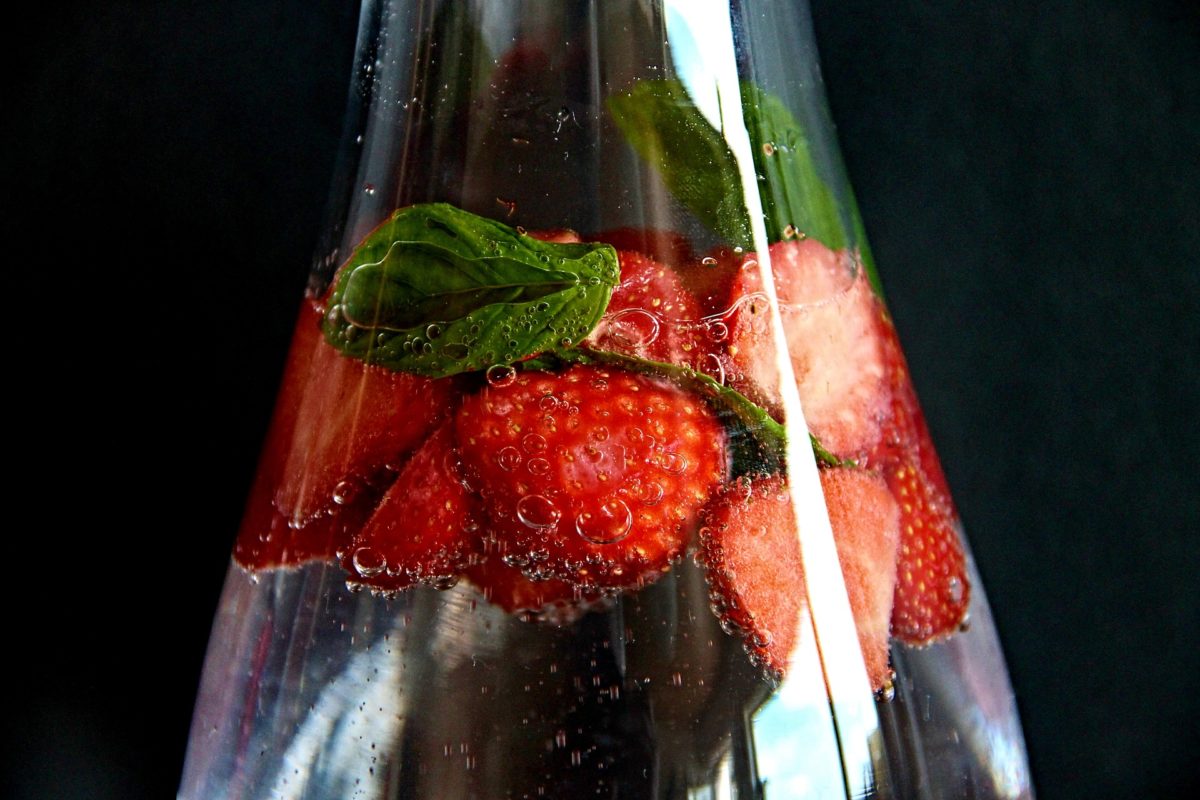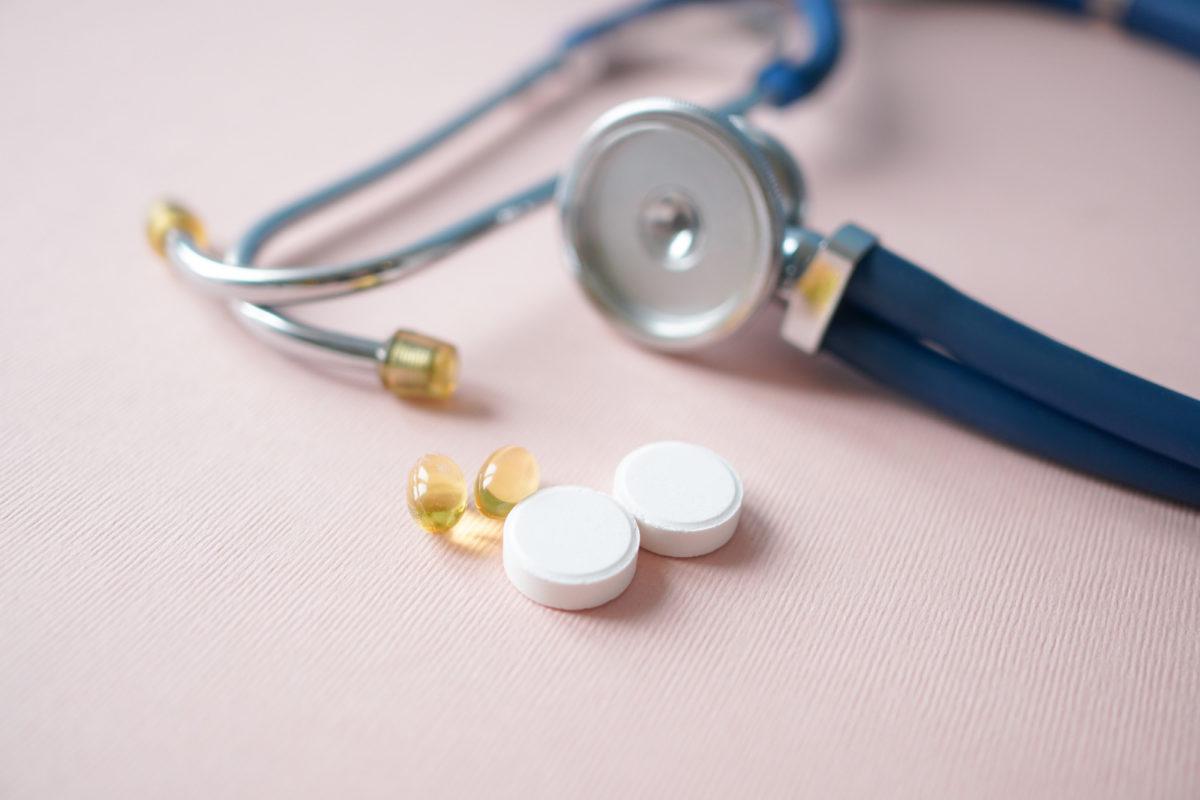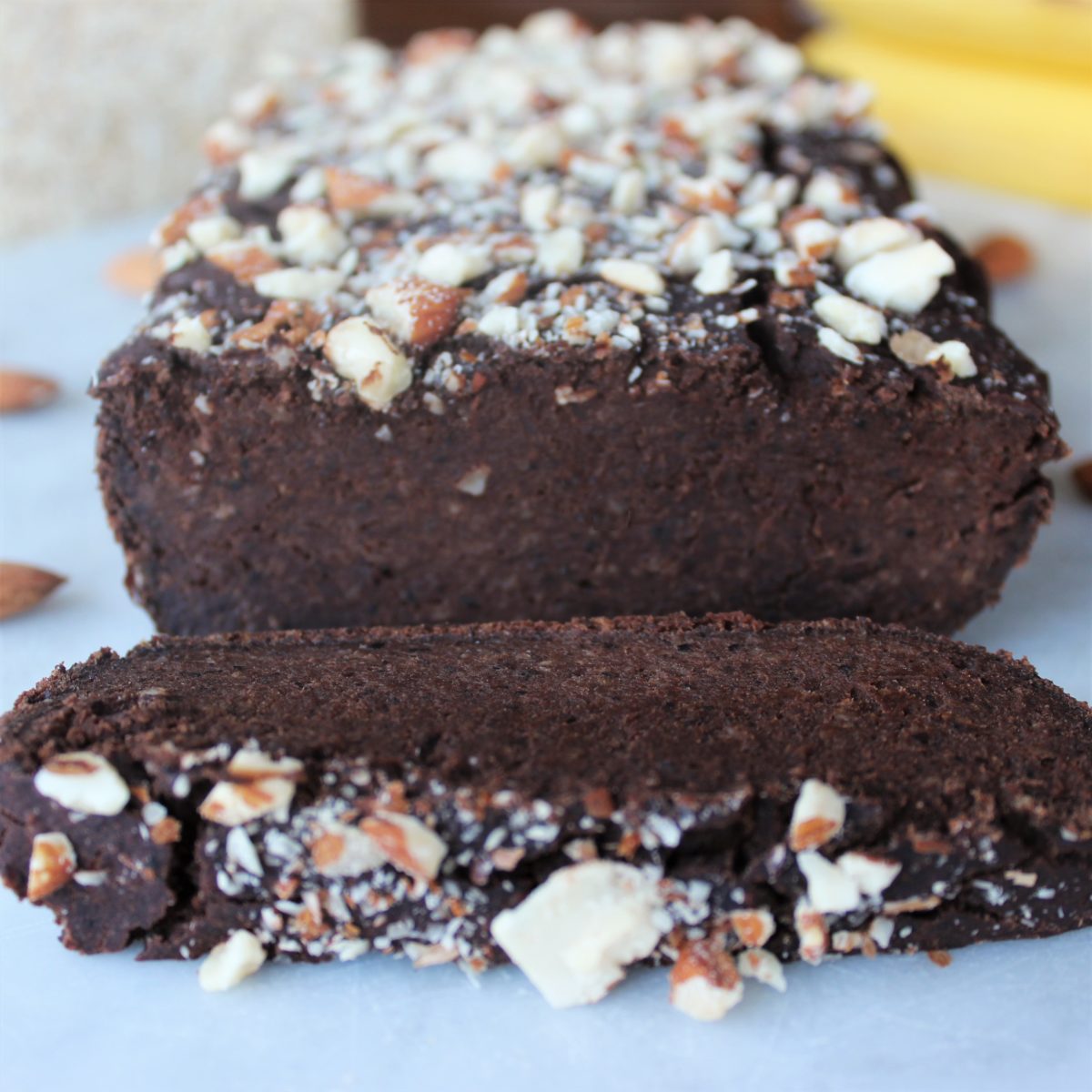Women with PCOS have higher levels of BPA. Learn how to decrease exposure to this estrogenic chemical.

Dr. Dylan Cutler is the founder of Phruitful Dish. She's a holistic health content creator, vegan, athlete, feminist, social activist, and PCOS fighter. She obtained her Ph.D. in obstetrics and gynaecology specializing in PCOS management using nutrition, movement, and mindfulness. She resides in Victoria, Canada on unceded Lekwungen and W̱SÁNEĆ territories.

Women with PCOS have higher levels of BPA. Learn how to decrease exposure to this estrogenic chemical.

Find out which three supplements Dr. Cutler recommends the most frequently for her clients with PCOS, and why.

If brownies and banana bread got together and made a vegan, gluten-free, sugar-free baby, this is what would happen.